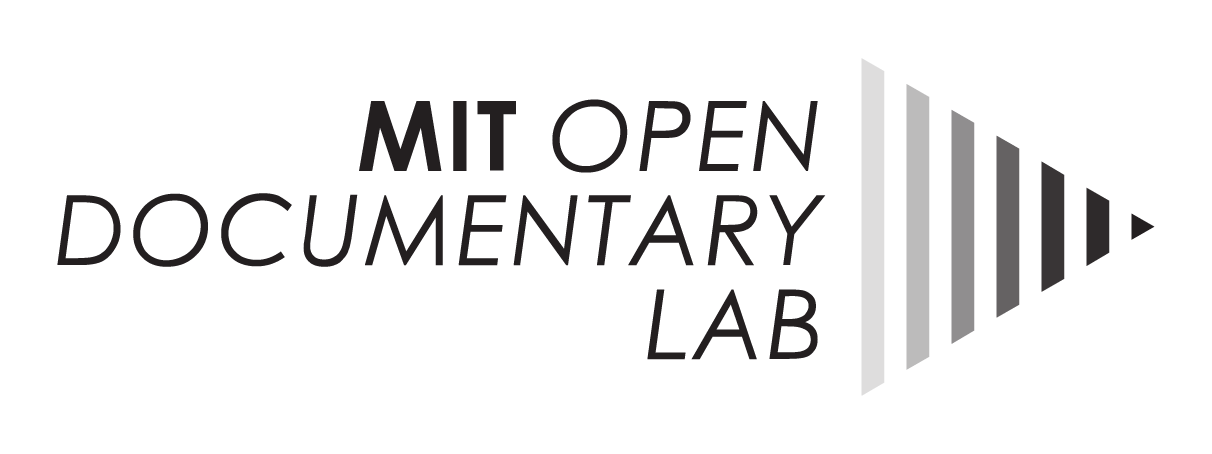
13 May Video Interview | Mike Robbins on Authorship and New Logics in Interactive Documentary
The OpenDocLab team is pleased to welcome Arnau Gifreu Castells as an OpenDocLab visiting research affiliate. A Professor of Communication Studies at the Universitat Oberta de Catalunya (UOC) and the Universitat de Vic (UVIC), Arnau is also a member of the i-Docs group. The Director of the UVIC_Lab, the Digital Content Laboratory at UVIC, he has also held research lecturer positions at Harvard University (Harvard Metalab) and York University (Future Cinema Lab).
Arnau is in the process of interviewing a number of practitioners, scholars, and students of interactive documentary about the state of the field. He will be posting select clips on the OpenDocLab website. Below you’ll find Part 2 of an interview with Mike Robbins.
In this series we focus on the theoretical part of the study of interactive documentary. We will conduct video interviews with the main experts in the field based on six key questions: (1) the definition, how would they define the interactive documentary; (2) the evolution of the form, whether they believe that the interactive documentary is a natural evolution of the linear documentary; (3) the change in the logics and dynamics, if they believe there is a change in the logics of production, distribution, and exhibition; (4) the role of the author, if they believe that the role of the author is threatened; (5) the business model; and (6) their views on the production, research, and events organized by countries that are active in this field, placing special emphasis on Canada and France.
Our next interviewee is Mike Robbins. Mike studied visual arts at York University, and has picked up the technical side of his trade while working at Helios Design for the past 13 years. He is responsible for staying on top of the latest and greatest digital technologies and translating them into engaging online experiences. In this video interview Mike answers the following questions:
Do you believe there is a change in the logics of production, distribution, and exhibition?
Mike quotes Uricchio’s definition in the 2014 i-docs conference: “The more things change, the more they stay the same.” What Robbins and Uricchio are saying is that if we look at new production models today they are similar to the existing or older ones, it’s just a matter of perception and a need for the new. He is very skeptical about whether we are entering a new age of storytelling, but he’s sure of one thing: we are using new tools but we are essentially doing and explaining the same things.
Do you consider the role of the author threatened in this specific form?
According to the interactivity guidelines that Robbins always follows, the way we consider the author could be very open so that the author can lose control and let the audience affect the work. Robbins believes every project should have an end because this allows the authors to compare where they are at this point in relation to the beginning, and therefore see how this work shifted from the initial idea they had in mind at early stages of development.
Arnau Gifreu Castells (PhD)
Research Affiliate, MIT Open Documentary Lab
agifreu@mit.edu



